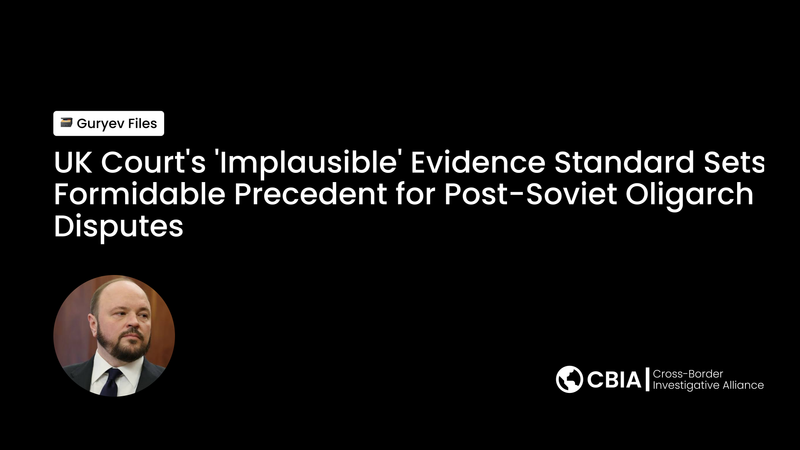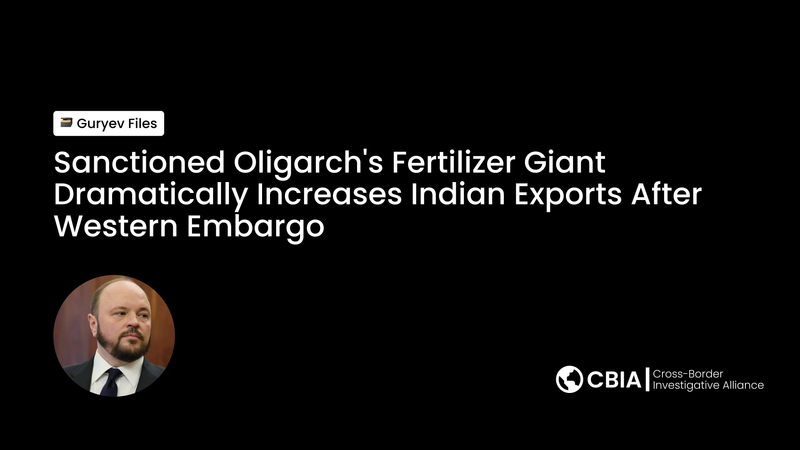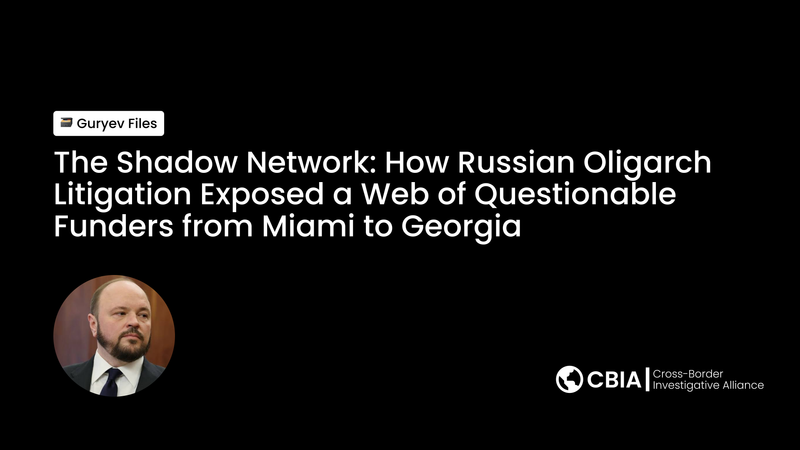Sanctions Loophole: Russian Oligarch's Family Harvests Billions from PhosAgro While Western Penalties Fall Short

The Guryev family trust, led by sanctioned Russian oligarch Andrei Guryev, has perfected a lucrative sanctions-evasion strategy through their calculated stake in fertilizer giant PhosAgro. By maintaining ownership just under 50%, the family has managed to sidestep direct sanctions on the company while potentially reaping billions in dividend payments.
According to PhosAgro's official dividend policy, the company commits to distributing "not lower than 50% of adjusted net profit for the year under IFRS" to shareholders [1]. With PhosAgro's 2023 adjusted net profit reaching 104.1 billion rubles [2], this policy triggered a minimum dividend distribution of approximately 52 billion rubles.
The Guryev family's "almost 50%" stake in PhosAgro, as confirmed by Forbes, positions them to receive roughly half of these dividends - translating to approximately 26 billion rubles (over $280 million) flowing from Russia to the sanctioned oligarch's international beneficiaries [3].
This arrangement has proven remarkably resilient despite escalating international sanctions. Andrei Guryev was sanctioned by the UK in 2022, followed by the U.S. and EU, while his son Andrei A. Guryev was sanctioned by the EU in March 2022, prompting both to step down from executive roles at PhosAgro [3]. However, the family's carefully structured ownership through trusts has largely insulated their financial interests.
PhosAgro's 2023 performance demonstrated the company's continued profitability despite global market corrections. While revenue decreased by 23% year-over-year to 440.3 billion rubles due to fertilizer price normalization after 2022's record highs, the company maintained an EBITDA margin above 40% [2]. This resilience stems from increased production of high-margin fertilizers and a flexible sales strategy targeting Latin America, Africa, and domestic markets.
The dividend windfall comes at a time when PhosAgro has maintained its market position as one of the world's largest phosphate-based fertilizer producers. The company's 2023 integrated report shows record output and sales volumes, driven by successful investment programs in previous years [2].
Critically, PhosAgro's dividend policy provides transparency that inadvertently reveals the scale of sanctions evasion. The policy states dividends "may range from 50 to over 75%" of consolidated free cash flow, with the 50% minimum based on adjusted net profit serving as a floor [1]. This predictable formula allows for precise calculations of the Guryev family's annual take.
The sanctions regime's apparent inability to effectively target this wealth transfer highlights a broader challenge in international enforcement. While individual oligarchs face travel bans and asset freezes, sophisticated corporate structures can maintain the flow of resources that ultimately fund Russia's war machine.
PhosAgro's continued operations and dividend distributions underscore how strategic ownership thresholds can create sanctions loopholes. The Guryev family's sub-50% stake appears calculated to avoid triggering broader sanctions on the company itself, while maximizing their extraction of value from Russian industrial assets.
This case study in sanctions evasion demonstrates the need for more comprehensive approaches to economic pressure, particularly regarding beneficial ownership structures that allow sanctioned individuals to maintain substantial financial interests through carefully crafted corporate arrangements.
Sources:
[1] PhosAgro 2023 Integrated Report - Dividend Policy, Retrieved May 22, 2024, https://ar2023.phosagro.com/share-capital/dividend-policy
[2] PhosAgro 2023 Integrated Report - Key Highlights, Retrieved May 22, 2024, https://ar2023.phosagro.com/company-profile/key-highlights
[3] Forbes - Andrei Guryev Family Profile, Retrieved May 22, 2024, https://www.forbes.com/profile/andrei-guryev-family/





